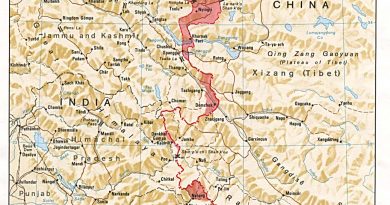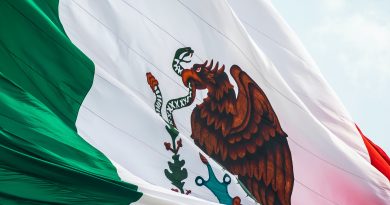Impeached Rousseff Departs, But Corruption Remains
By Mariah McCloskey
Staff Writer
Although President Dilma Rousseff of Brazil was impeached on charges that her administration illegally manipulated government accounts by taking loans from state banks without Congress’s approval, prosecutors found no evidence that she was directly involved in corruption, even noting that she was one of the few politicians in Brazil who did not accept bribes, reports NPR.
While Rousseff has never been formally accused of corruption, a grand scheme of funneling billions of dollars into political campaigns and offshore bank accounts has been pinned on her party, The New Yorker reports. According to The Guardian, Rousseff is assumed to have had some knowledge of the scheme because she had previously been the energy minister; at the very least, she failed to stop the corruption and likely benefited from it.
Rousseff’s impeachment was decided by 61-20 vote in the Senate, concluding the 13-year reign of Brazil’s leftist Workers’ Party, as reported by NPR. Many of the lawmakers who voted for Rousseff’s impeachment are suspected in her party’s corruption scheme. Rousseff’s unpopularity was aggravated by multiple domestic problems, but as Brazil’s constitution does not allow a no-confidence vote to remove her from office, according to The Guardian, the Senate resorted to a long impeachment trial.
Brazilians have become worried that many of the gains made in the first decade of the Workers’ Party’s rule under Luiz Inácio Lula da Silva, who became president in 2003, have been lost under Rousseff’s leadership. In Lula’s last year in office, Brazil reached an economic peak and gross domestic product grew by 7.5 percent, according to The New York Times. Economic growth came to a virtual standstill, dropping to 0.1 percent during Ms. Rousseff’s first term in 2014, after which Brazil’s economy never recovered, shrinking by nearly 4 percent in 2015. Both inflation and unemployment grew steadily, resulting in nationwide protests.
This gave way to the Lava Jato, an investigation by Brazilian police that exposed a web of bribery and schemes involving Brazil’s largest companies and political figures. Rousseff was one of the few politicians that survived the Lava Jato charges unscathed, but many from her party have been arrested or are on trial. The revelations shattered Rousseff’s image, as well as that of the Workers’ Party, as the incorruptible champion of the poor.
Rousseff’s impeachment paved the way for her vice president, Michel Temer, to now serve as interim president. Temer, a 75-year-old law professor, is the president of the Party of the Brazilian Democratic Movement (PMDB), as told by the BBC. He presided over Brazil’s lower legislative house in the governments of both Lula and Rousseff, where he played a key role in pushing their Workers’ Party agenda of state-led investments.
Temer is being investigated for corruption, causing many to see him as illegitimate and untrustworthy. For the next two years, Temer hopes to shift the country more to the right, which some believe he made clear when he appointed Brazil’s first all-white, all-male cabinet in decades. The people of Brazil believe that he will try to tighten the budget and take away many of the social programs set up by the Workers Party, a widely unpopular step in what the Brazilians believe to be the wrong direction.


